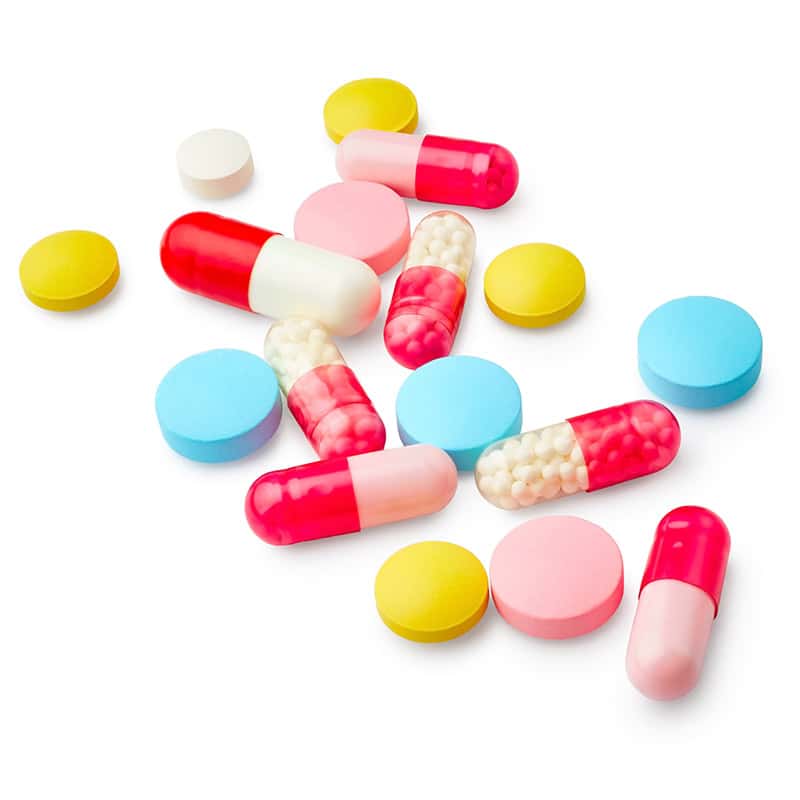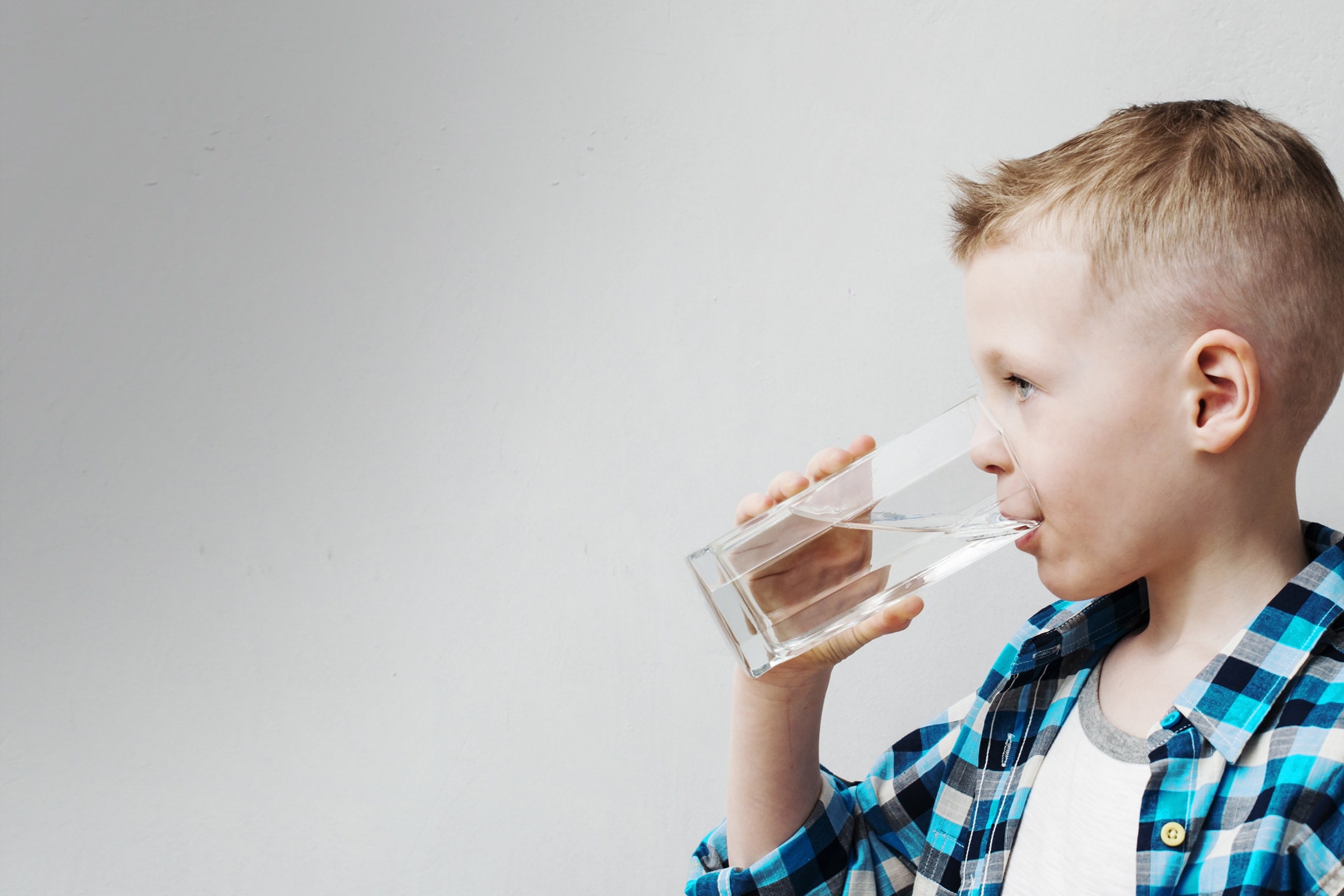
Discovery of the presence of pharmaceuticals in drinking water is relatively recent, with advanced research still being sought by scientists and environmentalists alike. Such drugs have been detected across the country in lakes, streams, reservoirs, and groundwater. Pharmaceuticals have a number of entrances into drinking water plants through routes such as wastewater runoff, industrial runoff, agricultural runoff, sewage sludge, overflows, animal feed lots and more. It is likely that incorrect disposal of pharmaceutical drugs can also infiltrate water supply.
Currently no regulation or testing is required by water treatment plants for such drugs, though a joint study conducted by the Environmental Protection Agency (EPA) and U.S. Geological Survey (USGS) determined that water treatment processes were successful in reducing the concentration of the 118 pharmaceuticals detected in the water, aside from some. Carbamazepine, bupropion, cotinine, metoprolol, and lithium were some of the drugs resistant to the treatment process that was never originally designed to remove pharmaceuticals at all.
Health effects of pharmaceuticals in drinking water
With research and experiments still underway, we are left with little data on the impact these substances have on humans and the entire health of the ecosystem. The theories between scientists remain mixed, with some choosing not to be fearful of the presence of drugs in low concentrations. However, the presence of antibiotics in drinking water is a cause for concern. Resistance to antibiotics can be a harmful side effect, though no research has been conducted to show how our bodies are creating such resistance or that long-term exposure of other present pharmaceuticals are causing us harm. Despite the lack of substantial research for the impact on human health, there have been links made that find a relationship between pharmaceuticals and other personal care products with developmental effects on aquatic species in water bodies throughout the U.S.
One thing is clear: scientists can agree that extensive research is needed to properly assess the dangers of long-term exposure especially with children, pregnant women, and those with compromised immune systems, but at NH Tap, we take no chances.
Remediation
At NH Tap, we believe that water cannot be pure if it is polluted with toxins such as pharmaceutical drugs. Water treatment plants are not utilized with the proper equipment that can eliminate these contaminants, however, according to New Hampshire Department of Environmental Services, specified personal water treatments have proved to be effective in the removal of these toxins. We designed the NH Tap MainFrame™ Whole House Water Filtration System with the safety and health of your household in mind. Our state-of-the-art system will combat the contaminants your public water treatment failed to remove and leave you with crisp, purified water that you can depend on.
Why NH Tap?
NH Tap is committed to providing safe, healthy drinking water for all of New Hampshire. The NH Tap MainFrame™ Whole House Water Filtration System is designed to remove toxins such as pharmaceutical residues while providing you with purified water from every faucet in your home.
